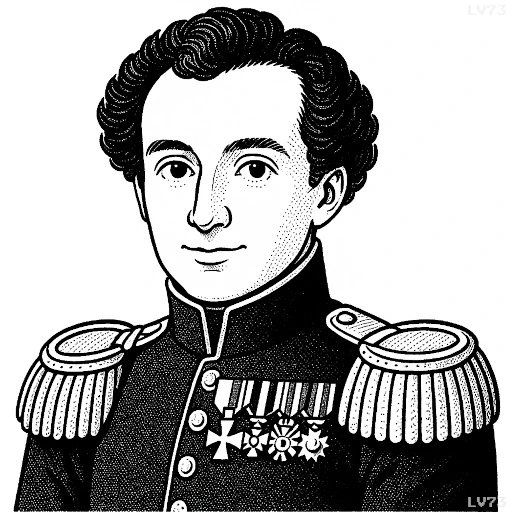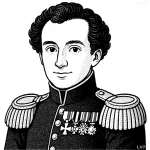“The more a general is accustomed to place heavy demands on his soldiers, the more he can depend on their response.”

- July 1, 1780 – November 16, 1831
- Born in the Kingdom of Prussia (now Germany)
- Military officer and military theorist
table of contents
Quote
“The more a general is accustomed to place heavy demands on his soldiers, the more he can depend on their response.”
Explanation
Clausewitz’s statement reflects a core principle of military leadership: the relationship between a commander and their troops is shaped by trust, discipline, and the demands placed upon them. When a general consistently asks for great effort from their soldiers, they cultivate a sense of resilience and dedication within the ranks. Soldiers who are regularly challenged and pushed beyond their limits learn to respond with greater determination and commitment when called upon, as they have become accustomed to high expectations. This dynamic builds not only obedience but also a deeper sense of loyalty and cohesion, which is crucial for achieving success in battle.
This principle is not only applicable to the military but also relevant in leadership across different domains. In the military context, an example might be found in General Dwight D. Eisenhower during World War II. Eisenhower was known for demanding much from his troops, but he also earned their respect by sharing in their hardships and demonstrating confidence in their abilities. This forged a strong bond of trust between him and the Allied forces, which was key to the success of operations like the D-Day invasion.
In modern times, this principle also applies to leadership in fields like business, sports, and politics, where leaders who challenge their teams to go beyond their comfort zones can foster a culture of accountability and performance. However, there is a balance to be struck—excessive demands without recognition or support can lead to burnout or resentment. Clausewitz’s insight, therefore, serves as both an admonition and a guideline for leaders: push your people to grow, but ensure that the demands are sustainable and aligned with the overall mission.
Would you like to share your impressions or related stories about this quote in the comments section?

